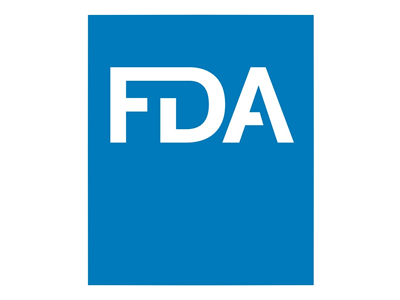FDA approves belzutifan for advanced renal cell carcinoma

- December 15, 2023
- Drugs
On December 14, 2023, the Food and Drug Administration approved belzutifan (Welireg, Merck & Co., Inc.) for patients with advanced renal cell carcinoma (RCC) following a programmed death receptor-1 (PD-1) or programmed death-ligand 1 (PD-L1) inhibitor and a vascular endothelial growth factor tyrosine kinase inhibitor (VEGF-TKI).
Full prescribing information for Welireg will be posted here.
Efficacy was evaluated in LITESPARK-005 (NCT04195750), an open-label, randomized, head-to-head trial of 746 patients with unresectable locally advanced or metastatic clear cell RCC that had progressed following both a PD-1 or PD-L1 checkpoint inhibitor and a VEGF-TKI. Patients were randomized 1:1 to receive 120 mg belzutifan or 10 mg everolimus once daily. Randomization was stratified by International Metastatic RCC Database Consortium risk category and number of prior VEGF-TKIs.
The major efficacy outcome measures were progression- free survival (PFS) assessed by blinded independent central review and overall survival (OS).
A statistically significant improvement in PFS was demonstrated for belzutifan compared with everolimus, with a hazard ratio of 0.75 [(95% CI: 0.63, 0.90); 1-sided p-value=0.0008]. Kaplan-Meier curves reflected non-proportional hazards with similar median PFS estimates of 5.6 months (95% CI: 3.9, 7.0) in the belzutifan arm and 5.6 months (95% CI: 4.8, 5.8) for those receiving everolimus. While OS results were immature at the current analysis, with 59% of deaths reported, no trend towards a detriment was observed. A descriptive analysis of patient-reported symptom and functional outcomes was supportive of improved tolerability for belzutifan compared to everolimus.
The most common adverse reactions (≥25% incidence) in patients receiving belzutifan were decreased hemoglobin, fatigue, musculoskeletal pain, increased creatinine, decreased lymphocytes, increased alanine aminotransferase, decreased sodium, increased potassium, and increased aspartate aminotransferase.
The recommended belzutifan dose is 120 mg administered orally once daily until disease progression or unacceptable toxicity.
This review used the Assessment Aid, a voluntary submission from the applicant to facilitate the FDA’s assessment.
This application was granted priority review. FDA expedited programs are described in the Guidance for Industry: Expedited Programs for Serious Conditions-Drugs and Biologics.
Healthcare professionals should report all serious adverse events suspected to be associated with the use of any medicine and device to FDA’s MedWatch Reporting System or by calling 1-800-FDA-1088.
For assistance with single-patient INDs for investigational oncology products, healthcare professionals may contact OCE’s Project Facilitate at 240-402-0004 or email OncProjectFacilitate@fda.hhs.gov.
Follow the Oncology Center of Excellence on X (formerly Twitter) @FDAOncologyExternal Link Disclaimer.

